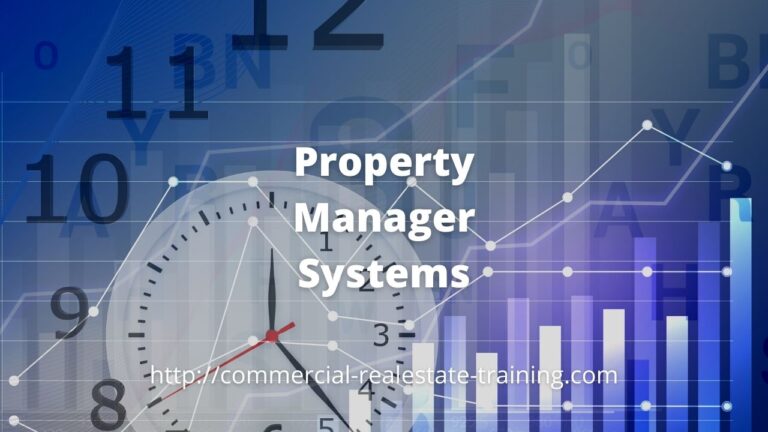Control Your Tenants in a Shopping Center Management
It is a fact that tenants in a retail shopping center will talk among themselves and share comments about the property performance (or their perception of it). For this reason you as a Shopping Center Manager really do need to keep your tenants under control in a positive way; communication and information will help you do that.
One under-performing or unhappy tenant is likely to try to impact the thinking of other nearby occupants in the shopping center. So you must breakdown this problem and stay very close to all tenants in the property.
There are many reasons why one property occupant would become difficult and unstable from a property point of view. Here are some of the most common issues you will strike:
- Poor sales performance within the shop or business
- Upcoming rental review that lifts occupancy costs significantly
- Relocation or renovation requirements on a lease by lease basis
- Lack of feedback on an outstanding issue
- Inability to obtain a lease renewal in the property
- Disagreement with the Center Manager on matters of occupancy or lease
Taking these facts in balance, one simple disagreement between the Property Manager and the Tenant can blow out of proportion and impact others nearby.
So how can you control this problem and keep property performance ‘on track’ for the landlord? Here are some ideas to help:
- Meet with your tenants regularly. In a busy property those meetings should be at least monthly or perhaps more frequently if problems and current issues exist. The focus is to keep the property occupants well briefed on factors of lease and occupancy negotiations with the landlord.
- Keep a record of and document all your meetings with tenants. On matters of lease importance or decision, evidence back to the tenant factors of instruction or agreement. This will remove the potential of misunderstanding or avoidance at a later time. In a large property with many tenants this documentation will help keep complex matters of negotiation on task.
- Watch closely the lease terms and conditions for each tenant. The permitted use clause of each lease should be carefully monitored in a shopping center as many tenants will seek to extend product lines and shop use beyond the directives of the permitted use clause.
- If a tenant steps ‘out of line’ on a matter of shop use, move on it quickly and efficiently. Don’t let them get away with lease infringements. The same rule applies to lease defaults.
- Work early on any critical lease date issues such as rent reviews, options, renewals, or market rent reviews. Time is of the essence in many cases of negotiation, and the lease document will determine that; stay well ahead of your lease dates and critical dates.
- Understand the instructions of the landlord so you can stay ‘in tune’ with their property performance plan and the factors of change in the tenant mix.
- Keep a daily note record of telephone conversations and instructions with tenants and landlords. This notebook or record process can be updated monthly and transferred to the property record or tenant file.
In saying all of these things, and if you have a problem tenant, watch the issue and monitor all interactions with tenants in the cluster (if it’s a large property) or the tenant mix overall.






